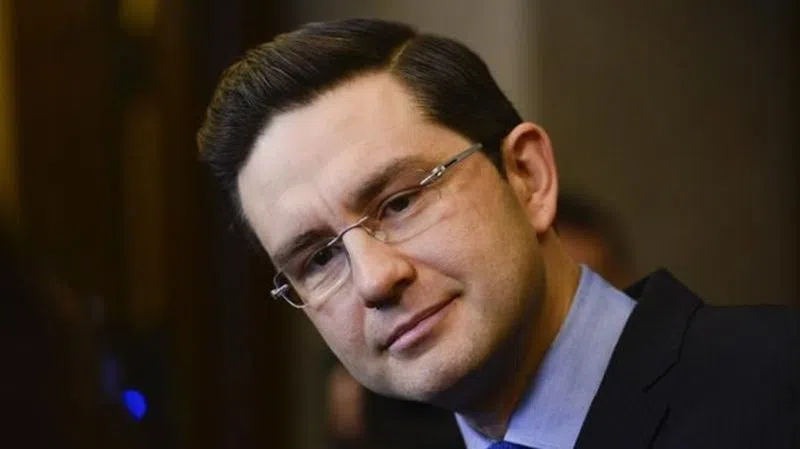
Barriers exist for women to get into Conservative race: Marilyn Gladu
OTTAWA — Tight timelines for membership sign-ups and a high entry fee could be keeping women out of the Conservative leadership race, says Marilyn Gladu, an Ontario MP who is the only woman seeking the top job so far.
Gladu said Thursday she knows that organizers’ intent was to keep unserious candidates from tossing their hats into the ring, but there are broader implications.
“One of the things that prevents women from getting into politics is their ability to fundraise and their ability to network, so by raising the bar on both of those, that may have prevented other women from getting in,” she said.
The rules do require both money and wide support, and fast: applicants must pay a total of $300,000 — with $100,000 of it eventually refundable — and get the signatures of 3,000 people, one-third of whom must live in 30 different ridings across seven provinces and territories.
